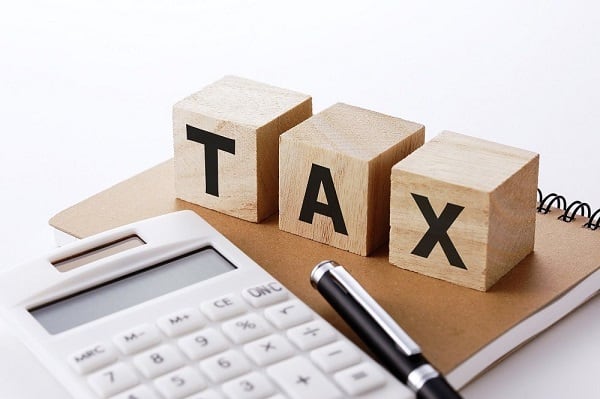Finance Minister Muhammad Aurangzeb announced a plan to increase Pakistan’s tax-to-GDP ratio from the current 10% to 13.5% over the next three years.
Speaking at a Senate Standing Committee on Finance and Revenue meeting chaired by Senator Saleem Mandviwalla, the minister emphasized the importance of proposed amendments to tax laws in improving compliance and collection.
The session, convened to discuss the Tax Laws (Amendment) Bill 2024, was postponed due to a lack of quorum after a brief discussion on sales tax. During the meeting, the finance minister stressed the need for strict enforcement of tax laws, highlighting the challenge of bringing unregistered individuals into the tax net.
Mr. Aurangzeb also announced plans to fully digitalize the Federal Board of Revenue (FBR) to reduce human interaction and improve efficiency. He said the FBR would undergo a performance review as part of the broader tax transformation plan, with the second phase of “rightsizing” expected soon. Additionally, progress is expected within six months on separating the Tax Policy Unit from the FBR to ensure transparency.
Leader of the Opposition Senator Shibli Faraz raised concerns over the bill’s classification, questioning whether it should be treated as a money bill. Secretary for Law and Justice Raja Naeem Akbar clarified that under Articles 73(2) and 75 of the Constitution, it qualifies as a money bill.
Mr. Faraz also underscored the need to restore public trust in tax authorities, arguing that no significant progress can be achieved without public confidence.
The finance minister highlighted the government’s “People Process Technology” initiative, aimed at modernizing tax systems and rebuilding trust.
FBR Chairman Rashid Langrial provided insights into the current tax landscape, revealing that out of 62,000 registered entities, only 42,000 actively pay sales tax. He described sales tax evasion as an unethical practice and emphasized that the proposed amendments focus on addressing non-filing and under-filing rather than introducing new taxes.
The chairman noted that firms failing to comply would face asset seizures, adding that the disparity between declared income and actual spending remains a significant challenge. He projected that with the proposed reforms, the tax-to-GDP ratio could reach 13% within four to five years, driven by increased revenues from sales tax, income tax, and customs duties.
The finance minister assured that 95% of citizens would not be affected by the amendments. He also noted that while provinces currently collect only 0.8% to 0.9% of taxes, the FBR collects 1% through the petroleum development levy.
Efforts to address structural issues in tax collection, coupled with the growing role of technology, are central to the government’s strategy to modernize and expand Pakistan’s tax base.
























